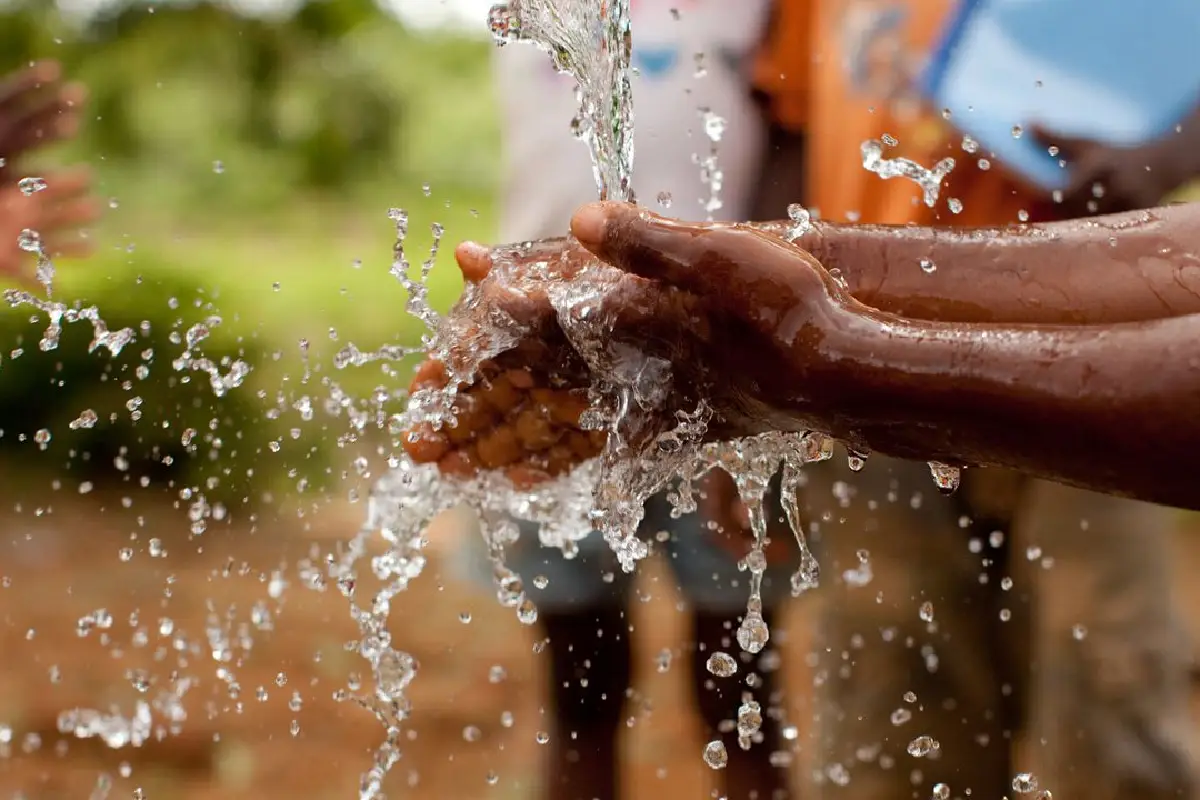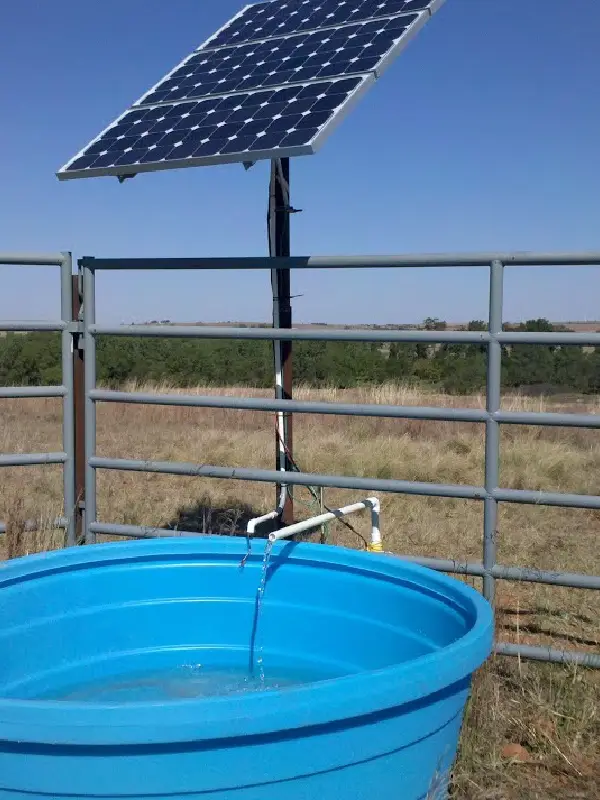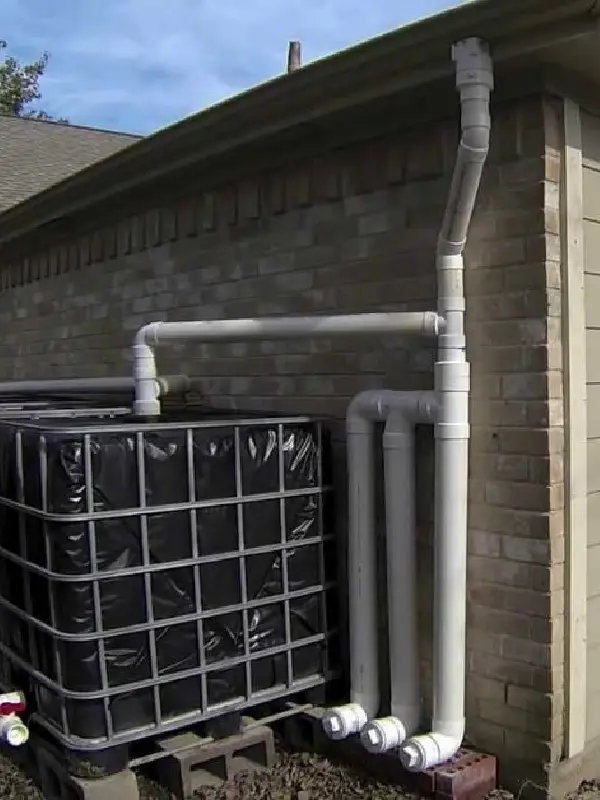
By combining innovation, local engagement, and environmental sustainability, this project aims to dramatically improve health outcomes, increase school attendance—particularly for girls—and empower communities, one drop at a time.
Project Objectives
- Access: Provide clean, safe drinking water to at least 15 rural villages in Unguja and Pemba islands.
- Health: Reduce waterborne diseases by 60% within two years through clean water access and hygiene education.
- Education: Increase school attendance by 20%, especially among girls, by reducing time spent collecting water.
- Sustainability: Implement solar-powered water systems that are environmentally friendly and cost-effective.
- Capacity Building: Train local water committees and youth groups in system maintenance and water management.
Project Activities
Site Assessment and Community Mobilization
- Identify priority villages using health, demographic, and hydrological data. Conduct participatory planning sessions.
Installation of Water Infrastructure
- Drill and install 10 solar-powered boreholes.
- Construct 5 rainwater harvesting systems at schools and clinics.
- Equip each site with storage tanks, filtration units, and taps.
Hygiene & Sanitation Education Campaigns
- Roll out WASH (Water, Sanitation and Hygiene) education in schools and communities, targeting children, women, and health workers.
Training and Capacity Building
- Establish and train local water committees for long-term management and sustainability.
Monitoring and Evaluation
- Monthly site visits, water quality testing, and a digital dashboard to track project progress and impact.
Project Duration
18 Months (Starting August 2026 – January 2027)
Budget Summary (Estimated)
| Budget Line Item | Units | Unit Cost(USD) | Total(USD) |
|---|---|---|---|
| 1. Site Surveys & Mobilization | 15 sites | $500 | $7,500 |
| 2. Borehole Drilling & Solar Systems | 10 systems | $9,000 | $90,000 |
| 3. Rainwater Harvesting Systems | 5 systems | $3,500 | $17,500 |
| 4. Water Storage Tanks & Filtration | 15 sets | $1,200 | $18,000 |
| 5. Community WASH Education Campaigns | Lump sum | $10,000 | |
| 6. Training of Water Committees | 15 committees | $600 | $9,000 |
| 7. Monitoring & Evaluation Tools | Lump sum | $6,000 | |
| 8. Project Staff & Field Coordinators | 18 months | $3,500/month | $63,000 |
| 9. Transport, Fuel, and Logistics | Lump sum | $12,000 | |
| 10. Admin, Reporting, and Contingenciess | 10% buffer | $23,200 | |
| Total Budget | $256,200 |
Sustainability and Impact
- Solar-powered systems eliminate electricity costs.
- Community ownership ensures systems are maintained locally.
- Lifespan of infrastructure: 10+ years with minimal intervention.
- Direct impact on ~18,000 people, with ripple effects across generations.
Target Beneficiaries
- 15 rural villages across Zanzibar (estimated 1,200 people per village)
- 5 rural schools and 3 health clinics
- Women and girls, who are disproportionately affected by water scarcity


Partnership Opportunities
We invite local governments, global NGOs, donor agencies, and private sector partners to co-invest in this transformational journey. Every dollar brings us closer to a Zanzibar where clean water is a reality for all.
Be Part of the Ripple Effect
Your action today creates waves of change tomorrow.
- $30 provides clean water to a child for life.
- $500 helps install a community handwashing station.
- $2,000 powers a solar water well serving an entire village.
Every donation, every share, every voice adds a drop to a rising tide of transformation.
Join Us – Be the Drop That Starts the Wave
- Donate at…………………………
- Partner with Us as a sponsor or NGO.
- Share the Story—spread the word on social media.
- Volunteer or Fundraise—from anywhere in the world.
Together, we can turn dry hope into flowing futures. Because when water flows, opportunity grows.